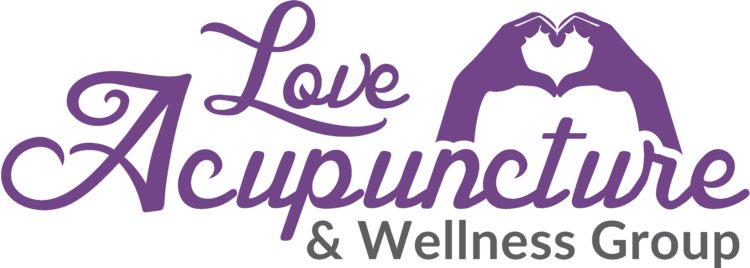Acupuncture for Whiplash (& Whiplash-Associated Disorder)
Whiplash is a neck strain or sprain that impacts the tissue of the neck. Symptoms of whiplash often include stiffness, limited mobility, pain, headaches, dizziness, and back pain. In some cases, patients with whiplash can also experience symptoms such as memory loss, sleep changes, and fatigue, among others. It is most commonly the result of motor vehicle, work, or sports accidents.
Common treatment for whiplash in Western Medicine, according to the National Institute of Neurological Disorders and Stroke, can include devices such as a cervical collar or ones that support cervical traction, physical therapy and mobility exercises and, most commonly, a range of medications to relieve pain, relax muscles, and combat depression and anxiety.
However, these treatments are not the only option to find relief and resolution. Research has been supporting the beneficial role acupuncture can play in the treatment of whiplash and whiplash-associated disorder.
Several studies have promoted the use of acupuncture specifically to treat whiplash after conducting a study, literature review, and/or meta-analysis. One article describes a trial in which patients with whiplash were treated with acupuncture and found, “The high percentage of positive results in whiplash injury patients leads us to advocate acupuncture…” meaning that their participants’ symptoms were reduced to a significant enough degree that researchers concluded acupuncture was a beneficial course of treatment.
Another pilot study found that, “Acupuncture treatment was associated with a significant alleviation of pain,” for patients with whiplash-associated disorder.
Yet another article from the European Journal of Pain conducted just one session of acupuncture for patients with whiplash, hoping to see whether acupuncture offered an analgesic, or pain relief. Their findings were that, “It was shown that one session of acupuncture treatment results in acute improvements in pressure pain sensitivity,” and continue, “Both acupuncture and relaxation appear to be well-tolerated treatments for people with chronic WAD. These findings suggest that acupuncture treatment activates endogenous analgesia in patients with chronic WAD.”
In the context of the study, this means that the evidence researchers found supported the ability of acupuncture to do what practitioners have claimed for thousands of years: that acupuncture can help relax muscles, reduce pain, and treat muscle sprains and strains in a natural, safe, and effective manner.
Further research has been conducted related to patients with whiplash following motor vehicle accidents. One study found a significant reduction in pain and functional disability for patients treated with acupuncture with little to no adverse side effects. Side effects found were “minor” in nature. They conclude that, “Acupuncture appears to be an effective clinical treatment for WAD following a road traffic collision,” and advocate for its use for patients with whiplash.
Overall, research has supported the ability of acupuncture to treat the symptoms of whiplash. Patients involved in studies reported significant results, including an alleviation of their chronic and acute pain, an improvement in their mobility and function, a decrease in disability, and more.
If you have whiplash or whiplash associated disorder, our providers are here to help you. Our licensed acupuncturists are trained to help pinpoint the source of your pain and symptoms and are more than happy to help get you back on the road to wellness. If you are interested in trying acupuncture for your whiplash, we would be glad to help you. Reach out to our offices at info@loveacu.net or call us at (503) 343 9851 for more information or to schedule a visit.
If you are experiencing a medical emergency, call 911. Do not wait for an appointment with us. We are happy to work with you on chronic or ongoing health conditions; however, we are not equipped for or specialized in urgent or emergent care.
For Further Reading:
“Whiplash,” National Institute of Neurological Disorders and Stroke.

